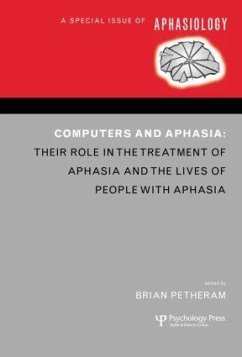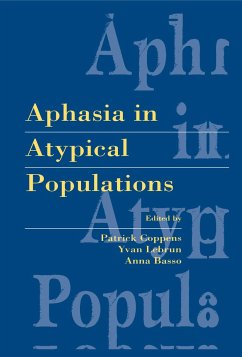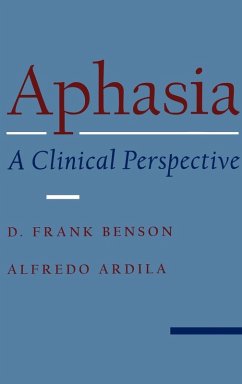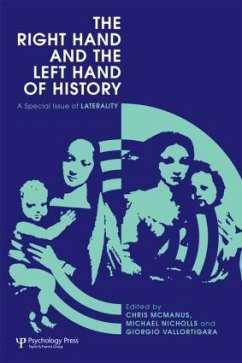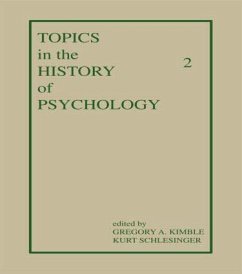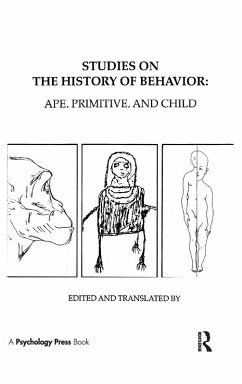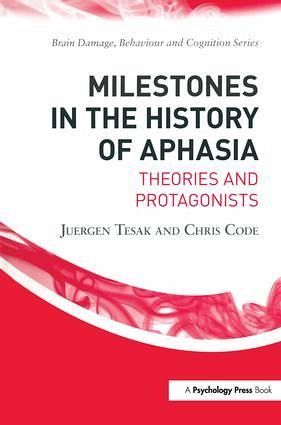
Milestones in the History of Aphasia
Theories and Protagonists
Versandkostenfrei!
Versandfertig in 1-2 Wochen
171,99 €
inkl. MwSt.
Weitere Ausgaben:

PAYBACK Punkte
86 °P sammeln!
This book surveys the history of aphasia from the earliest mentions of speech and language impairments in ancient times, medieval attempts to understand aphasia, and the momentous events of the Nineteenth and Twentieth Centuries up to the development of modern cognitive neuroscience. It traces the development of theory about and understanding of aphasia, and the role of significant individuals in this history. It aims to be accessible to undergraduates and postgraduates, researchers, teachers and clinicians in psychology, speech and language pathology and therapy, neurology and linguistics.







